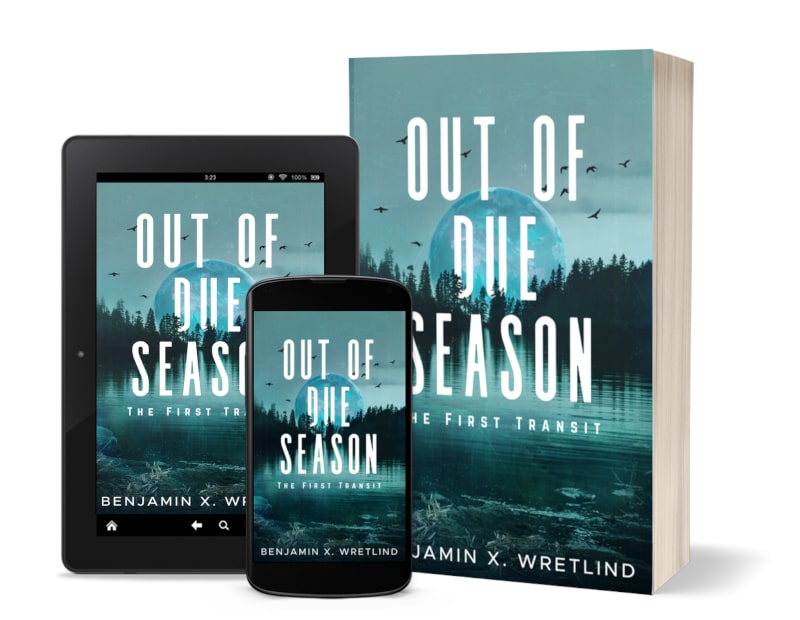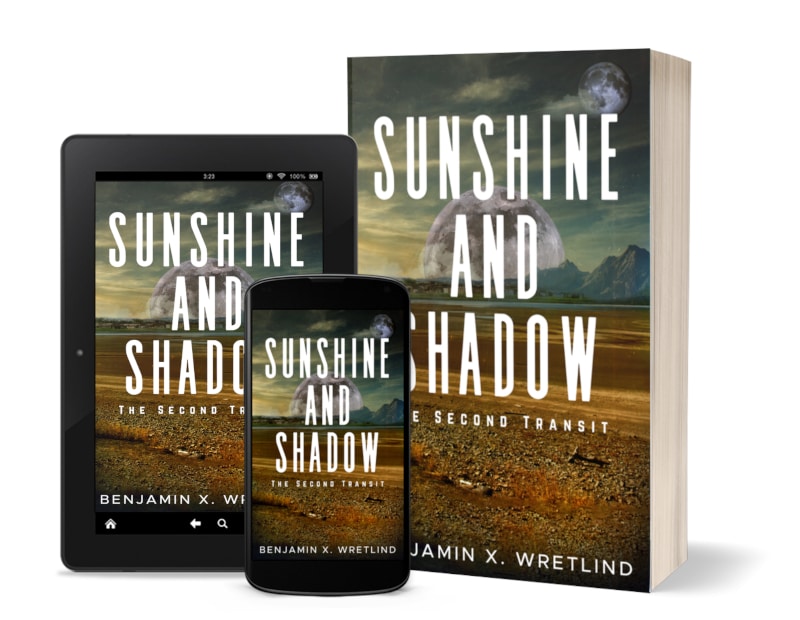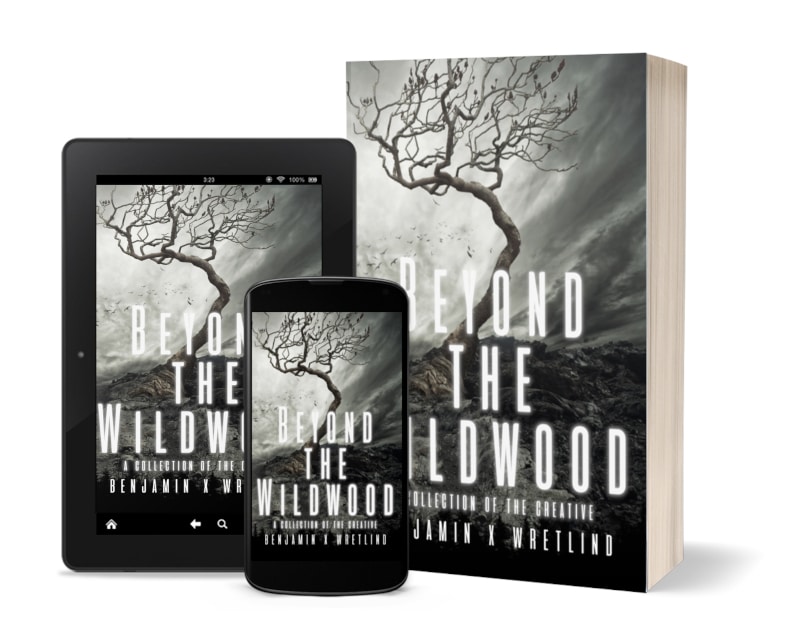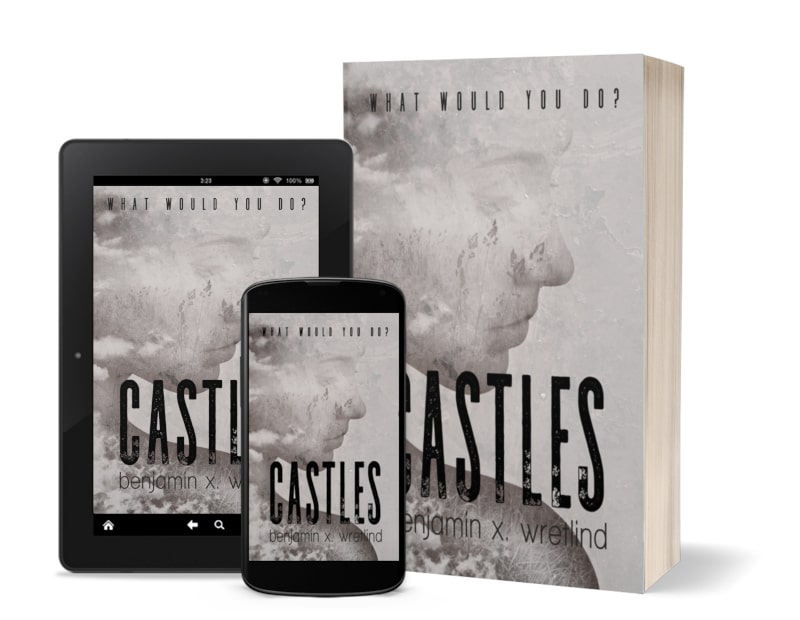Mindfulness and Writing: There is a Connection

In recent years, mindfulness has become an increasingly popular practice for those seeking to improve their mental health and wellbeing. But did you know that mindfulness can also have significant benefits for the writing process?
There are many benefits to applying mindfulness for writing and some strategies you can practice right now.
What is this “mindfulness” you speak of? Simply put, mindfulness is the practice of paying attention to the present moment without judgment.
It involves being fully engaged in the present, without worrying about the past or future.
Imagine yourself driving to work. When we’re distracted, we may think of a hundred different things like what we’re going to do today, why the boss is mad, how we’re ever going to get that project done. All of a sudden, you’re at work. You don’t remember stopping at any lights or even when you made a turn.
It just happened.
When we’re mindful, we don’t allow those thoughts to distract us from the task at hand. We drive with purpose, focused only on the now. There’s a time to worry about things later.
Being mindful is not an easy task, as I believe we are driven to reflect on our past and plan our future. Yet mindfulness practices, such as meditation and focused breathing, have been shown to reduce stress, improve concentration, and increase feelings of wellbeing.
The relevance of mindfulness to the writing process is clear: writing requires focus and concentration, and it can be difficult to stay present when our minds are racing with ideas, worries, and distractions.
- Why aren’t we selling more books?
- Why can’t I get more reviews?
- Who is ever going to know who I am?
- What if I do this to a character?
By incorporating mindfulness practices into our writing routine, we can tap into our creativity and stay focused on the task at hand.
The Benefits of Mindfulness for Writing
What’s in it for you?
For one, mindfulness can help you tap into your creativity by quieting your mind and allowing new ideas to emerge. That’s a win, in my book. How many times have you stared at a screen wanting to write, but not knowing where to start? The blank page is frightening.
Read the words of Vincent van Gogh in a letter he wrote to Theo, his brother.
Just slap something on it when you see a blank canvas staring at you with a sort of imbecility.
You don’t know how paralyzing it is, that stare from a blank canvas that says to the painter you can’t do anything. The canvas has an idiotic stare, and mesmerizes some painters so that they turn into idiots themselves.
Sure it’s all about the blank canvas, but this is relevant to writers as well, is it not? Our canvas is our page, and staring at that blank page can lead to paralysis.
Mindfulness can also help you stay focused on the present moment, which can lead to improved clarity and authenticity in your writing. If you’re in the moment, you’re able to connect with readers on a more deeper personal level. Emotional Intelligence is a thing to be aware of at all times.
Research has shown that mindfulness practices can help reduce writer’s block and increase productivity.
Bonus!
By staying focused on the present moment and approaching writing with a sense of curiosity and openness, you may find it easier to generate new ideas and write with greater ease.
Strategies for Incorporating Mindfulness into the Writing Process
If you’re interested in incorporating mindfulness practices into your writing routine, here are some tips to get you started:
- Set aside dedicated time for mindfulness practice: Whether it’s 5 minutes or an hour, set aside a specific time each day to practice mindfulness. This could be in the morning before you start writing or in the evening as a way to wind down.
- Try a guided meditation: If you’re new to mindfulness, try a guided meditation to help you get started. There are many free guided meditations available online, or you could use a meditation app like Headspace or Calm.
- Focus on your breath: One of the simplest ways to practice mindfulness is to focus on your breath. Take a few deep breaths before you begin writing and then try to stay focused on the sensation of your breath as you write. Personally, I do this often.
- Take breaks: It’s important to take breaks throughout the writing process to give your mind a chance to rest. Use these breaks as an opportunity to practice mindfulness by taking a few more deep breaths or engaging in a brief meditation.
- Use mindfulness to manage distractions: If you find yourself getting distracted while writing, try using mindfulness techniques to refocus your attention. For example, you could take STILL MORE deep breaths and then make a conscious effort to return your attention to the task at hand.
- Practice mindful journaling: Set aside a few minutes each day to engage in mindful journaling. Use this time to reflect on your thoughts and emotions without judgment, and see if you can approach your writing with a greater sense of awareness and presence.
- Take a mindful walk: If you’re feeling stuck or uninspired, take a break and go for a mindful walk. Pay attention to your surroundings and try to stay focused on the present moment. You may find that this helps to clear your mind and spark new ideas. You can also use this as a time to practice incorporating weather into your writing, as discussed in this book.
- Use mindfulness to manage anxiety: If you tend to get anxious while writing, try using mindfulness techniques to manage your anxiety. For example, you could, you know, BREATHE MORE and then focus on the sensations in your body. This can help to ground you in the present moment and reduce feelings of stress.
- Practice mindful listening: If you’re writing dialogue or engaging in research, try practicing mindful listening. This involves paying close attention to the words and sounds around you without judgment or distraction. See if you can approach your listening with a sense of openness and curiosity.
- Incorporate mindful movement: If you’re someone who benefits from physical movement, try incorporating mindful movement into your writing routine. This could involve practicing yoga, going for a mindful run, or doing some gentle stretches before you start writing. The key is to approach your movement practice with a sense of presence and awareness.
Incorporating mindfulness practices into your writing routine can have significant benefits for your creativity, productivity, and overall wellbeing. By staying focused on the present moment and approaching writing with a sense of openness and curiosity, you may find that your writing becomes clearer, more authentic, and more enjoyable.
So why not give it a try? You’ll certainly breathe better.


















